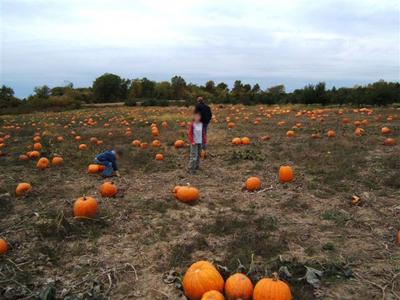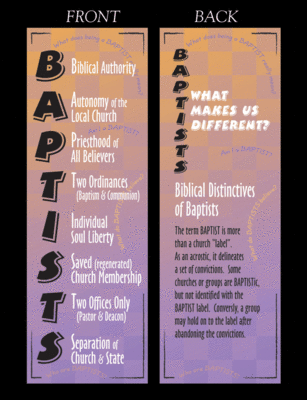The Priesthood of Every Believer
 I’ll not soon forget, if ever, a message entitled “How I Became a Catholic Priest,” by the thunderous preacher, Dr. Earnest Pickering. He didn't mince words over what he called “priest-craft”. It is used by many cults which esteem men to a place of such religious stratosphere it could make one’s ears pop and cause the nose to bleed. I agree with him, the importance placed on a “special class of men and/or women” is nonsense and is not supported by the New Testament! The word "Priest" is defined as "one authorized to perform the sacred rites of a religion, especially as a mediatory agent between humans and God."
I’ll not soon forget, if ever, a message entitled “How I Became a Catholic Priest,” by the thunderous preacher, Dr. Earnest Pickering. He didn't mince words over what he called “priest-craft”. It is used by many cults which esteem men to a place of such religious stratosphere it could make one’s ears pop and cause the nose to bleed. I agree with him, the importance placed on a “special class of men and/or women” is nonsense and is not supported by the New Testament! The word "Priest" is defined as "one authorized to perform the sacred rites of a religion, especially as a mediatory agent between humans and God."The word “priest” appears in not less than 846 verses in the Bible (AV). It appears first
In Genesis 14: 17-19; It seems that God had at least one priest before Aaron came along;
Later God made this conditional promise to Israel:“…the king of Sodom went out to meet him [Abram] after his return from the slaughter of Chedorlaomer, and of the kings that were with him, at the valley of Shaveh, which is the king's dale. And Melchizedek king of Salem brought forth bread and wine: and he was the priest of the most high God. And he blessed him, and said, Blessed be Abram of the most high God, possessor of heaven and earth…”
Now therefore, if ye will obey my voice indeed, and keep my covenant, then ye shall be a peculiar treasure unto me above all people: for all the earth is mine: And ye shall be unto me a kingdom of priests, and an holy nation. These are the words which thou shalt speak unto the children of Israel. And Moses came and called for the elders of the people, and laid before their faces all these words which the LORD commanded him. (Ex. 19:5-7)I am a Baptist priest! In fact every believer today is a priest of God, no matter what denomination or creed. But what is our basis for being priests? A better question would be, “Who is the basis for our priesthood?” It is none other than the great high priest, Jesus Christ Himself! When Jesus hung suspended between Heaven and earth on the cross, the curtain of the holy of holies was rent in two from top to bottom. He opened the access to God, and the Bible declares that all who trust in the finished work of Christ are priests. Priests may enter into God’s presence directly through our Great High Priest, Jesus Christ. No other mediator is needed between God and people. There is no other mediator! As priests, we also have the responsibility and great privilege to study God's Word, pray for others, and offer spiritual worship to God. We all have equal access to God, whether we are a preacher or not.1 Peter 2:5, 9; Revelation 5:9, 10
There are priests in this age! Biblical Baptists (as well as many other bible believing groups) agree with the New Testament that every person who is “born again” is a priest unto God. You, my brother or sister are a priest! How are you exercising your priestly duties?







